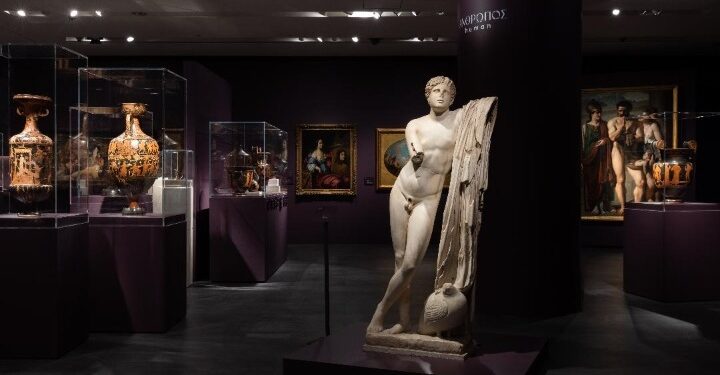At the 24th Session of the Intergovernmental Committee of UNESCO for the Return or Restitution of Cultural Property to the Countries of Origin (ICPRCP), Turkey’s representative dismantled one of the primary arguments for keeping the Parthenon Sculptures in the British Museum. Ms. Zeynep Boz, head of Turkey’s anti-trafficking department, stated, “We are not aware of the existence of a document that legitimizes the purchase.”
Ms. Boz referred to the Ottoman document cited by Britain regarding the 1816 acquisition of the Parthenon Marbles by Lord Elgin. She emphasized that there is no known document that validates this purchase according to the laws of that time. “We are not aware of the existence of a document that legitimizes this purchase, which was made at the time by the colonizers of the United Kingdom. Therefore, I do not think that there is room to discuss its legitimacy, even according to the law of the time. We wholeheartedly look forward to celebrating the return of the Marbles, as we believe it will mark a change in behavior towards the protection of cultural goods and send the strongest message worldwide,” Ms. Boz stated, according to Greek newspaper Kathimerini.
In response, the United Kingdom reiterated its position that Elgin removed the marbles with the permission of the Ottoman authorities and in accordance with a firman*, from which an Italian translation survives. They also mentioned a second permit regarding the transfer of the Sculptures to England.
Representing the Greek delegation, the director of the Acropolis Museum, Nikos Stampolidis, addressed the UNESCO session. He stated, “We know what exactly a firman is from that of Elgin dated 1802 and that of Lord Byron in 2010: it is a legal document signed by the Sultan himself, while the Italian letter presented here by British friends is a simple document.”
*A firman in the Ottoman Empire was a royal decree or edict issued by the Sultan
Source: protothema.gr / Translated by: Konstantinos Menyktas















